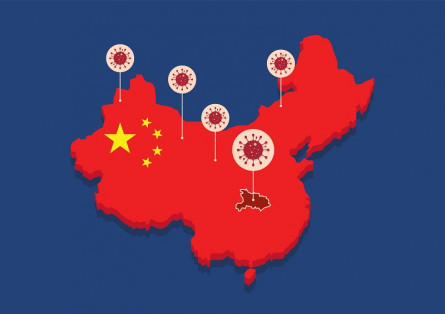China's pragmatic adjustment of existing welfare institutions
In response to the Covid-19 pandemic, the Chinese government has utilized and pragmatically adjusted existing welfare institutions to ensure social and economic stability, the author team writes in its report. The Chinese government put aside 2 trillion Chinese Yuan (roughly 2% of the GDP) to fund the social and economic Covid-19 countermeasures in 2020. It provided cash benefits and benefits-in-kind for vulnerable people in the fields of health, social assistance, unemployment, and elderly care. In order to support private enterprises during the economic crisis in the first half of 2020, social insurance contributions were reduced and deferred. The Chinese economy recovered quickly, but problems implementing the countermeasures did emerge though, as indicated by the low number of unemployed actually receiving insurance benefits.
---
Read Tobias ten Brink's, Yuxin Li's and Tao Liu's full report: China’s Social Policy Response to Covid-19: Pragmatic Adjustment of Existing Welfare Institutions
See the other parts of the series: CRC 1342 Covid-19 Social Policy Response Series

Kontakt:
Prof. Dr. Tao Liu
Prof. Dr. Tobias ten Brink
SFB 1342: Globale Entwicklungsdynamiken von Sozialpolitik, Research IV und China Global Center
Campus Ring 1
28759 Bremen
Tel.: +49 421 200-3382
E-Mail: ttenbrink@constructor.university













